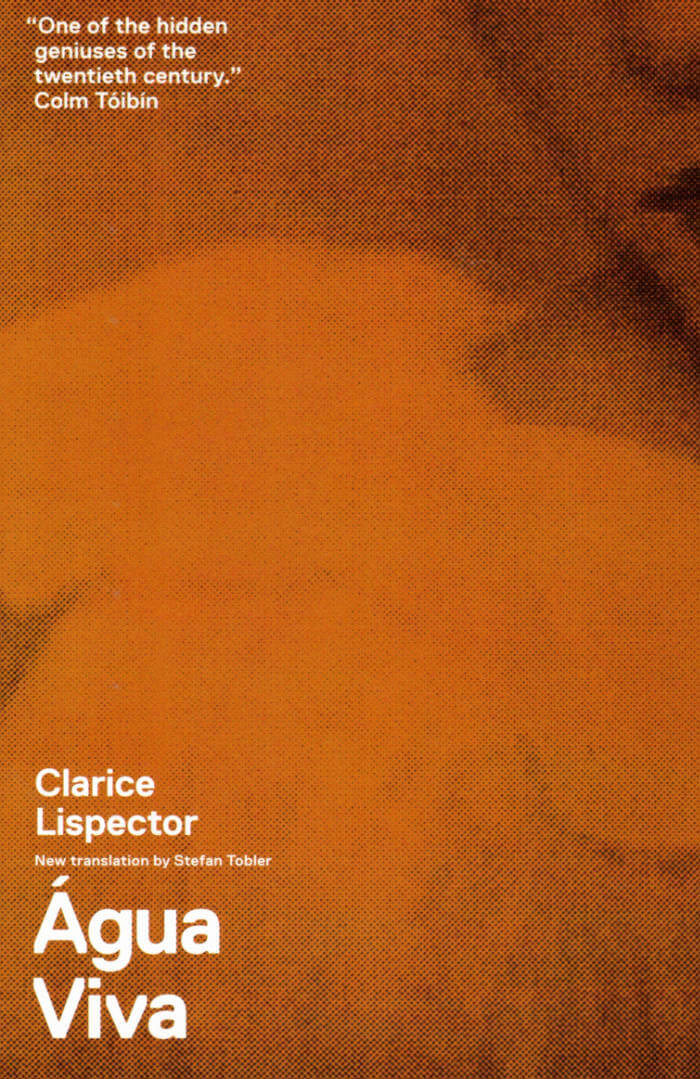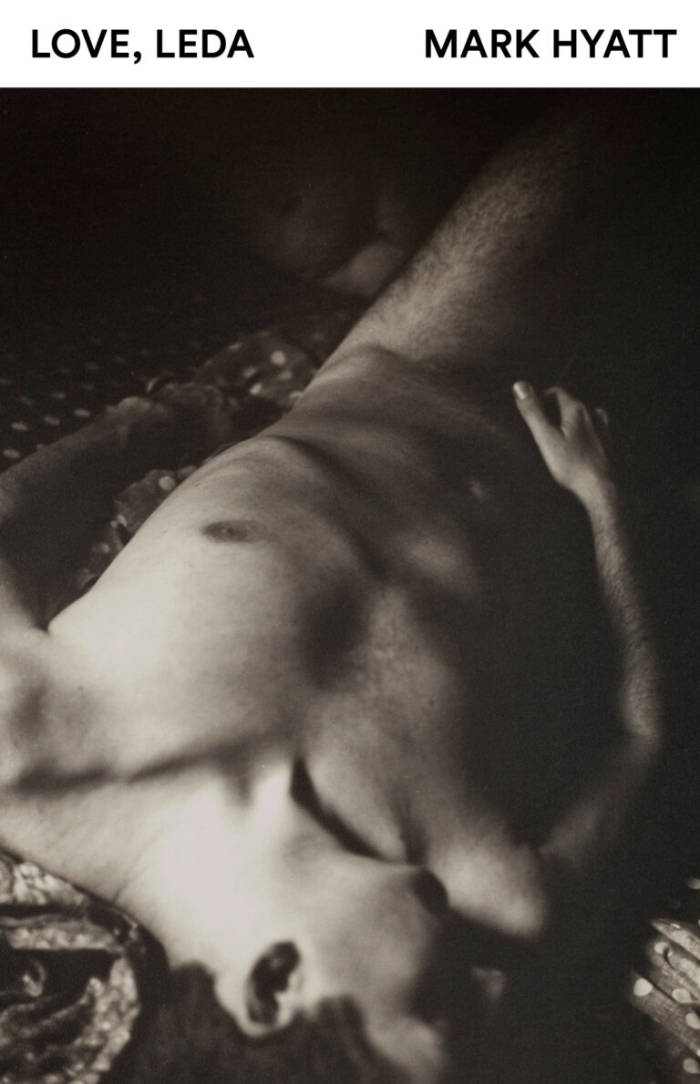
The Last Sane Woman
A beguiling debut novel about friendship and failure, written with unusual craft and spryness by an acclaimed poet
Nicola is a few years out of a fine arts degree, listless and unenthusiastically employed in London. She begins to spend her hours at a university archive dedicated to women's art, because she 'wants to read about women who can't make things'.
There she discovers one side of a correspondence beginning in 1976 and spanning a dozen years, written from one woman – a ceramics graduate, uncannily like Nicola – to her friend, who is living a contrasting and conventionally moored life. As she reads on, an acute sense of affinement turns to obsession, and she abandons one job after another to make time for the archive.
The litany of coincidences in the letters start to chime uncomfortably, and Nicola's feeling of ownership begets a growing what if she doesn't like what the letters lead to?







